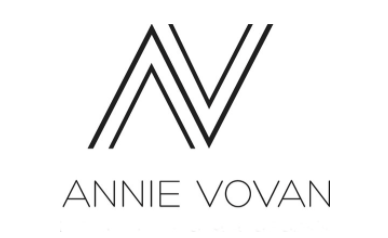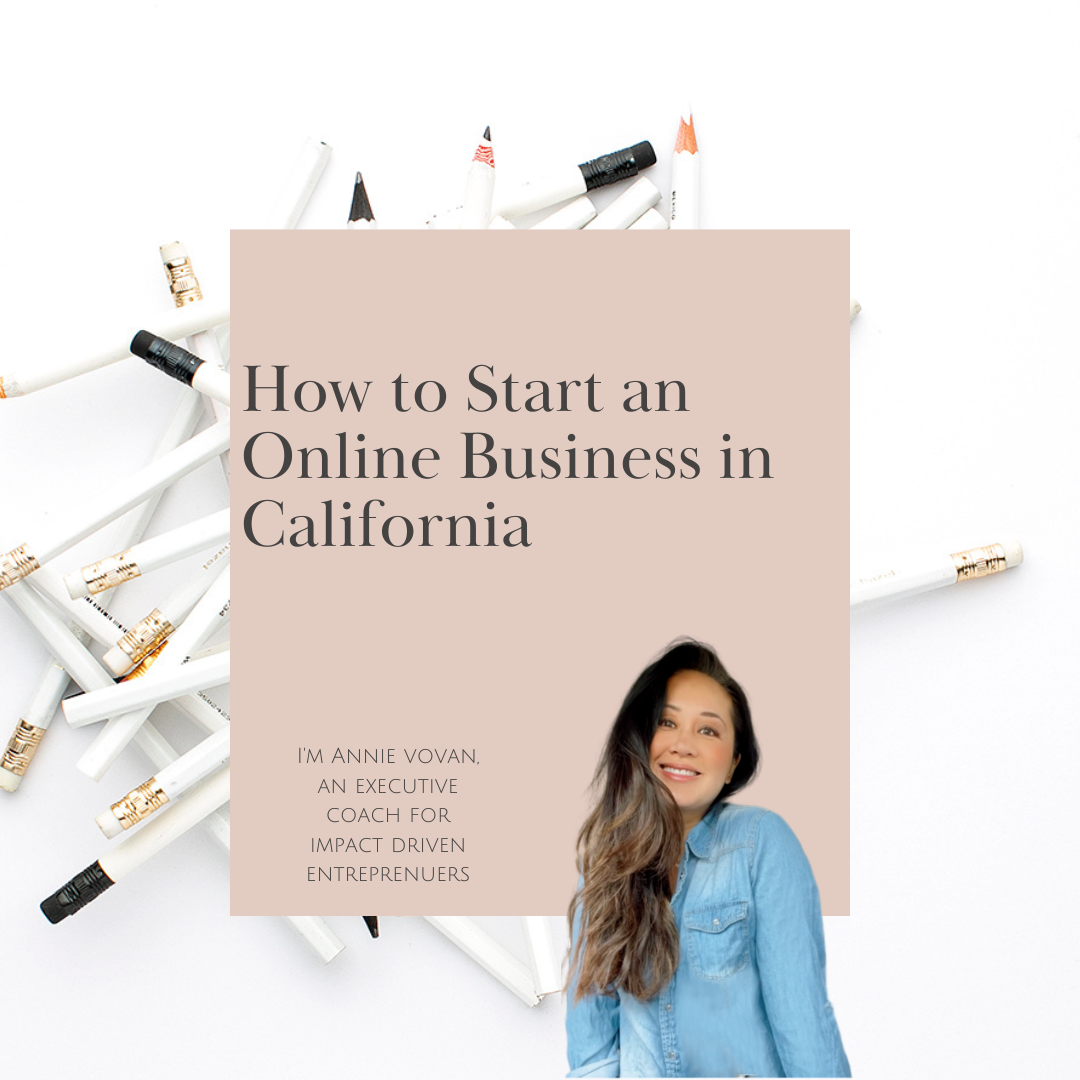How to Start an Online Business in California
Congrats! You’ve thought about creating an online business and it feels really overwhelming! Let’s make sure you have what you need:
Choose a business name:
Search for available business names: California Secretary of State Business Search
Some questions to ask yourself — if your product or service will eventually encompass many different things, consider a more generic name as an umbrella name for your company. I also think having your first and last name (if it’s not taken) is a great name for your business especially if you are a personal brand.
Register your LLC:
File Articles of Organization: California Secretary of State - Form LLC-1
Submit the form with the required filing fee to the California Secretary of State: California Secretary of State - LLC Filings
For many years, I operated as a sole proprietor. Registering your business as a LLC protects your personal assets from your business assets. When you start you can begin with an LLC and eventually move to an S-Corp for tax purposes down the line.
Obtain an Employer Identification Number (EIN):
Apply for an EIN online: Internal Revenue Service (IRS) - Apply for an EIN
Think of this as your business’s SSN. You want to have this ready for when you get your business bank account. The sooner you establish a separate account the better. It is really difficult to see who your business performs if you are comingling all of your charges, start off with 2 separate accounts.
Register for state taxes:
Register for California State Taxes: California Franchise Tax Board
I always advise new business owners to put away 30% for taxes in a separate business bank account so you can have it ready to pay quarterly taxes.
Obtain necessary business licenses and permits:
Determine if you need a local business license: Check with your city or county government's business licensing department.
Check if your industry requires any specific permits or licenses: CalGold - California Business Permitting Information
I do get a business license each year. When I used to be a caterer, I would sometimes need day of permits for liability purposes too.
Register a domain name:
Choose and register a domain name: Domain.com, GoDaddy
I’ve always used Go Daddy without any issues to start a new business. My advise is to try to get a business where you can get the dot com address first, followed by dot co. If your business is a non-profit, you would want a dot org for your domain. I recommend domains that are easy to spell. Think about meeting someone in an elevator and having to share your business name as the door is closing! The quicker they can remember it, the more likely they can remember you. I would avoid alternative ways to spell things as a personal preference and try to find another word if you can. For instance, using “lyfe” instead of life is what I’m talking about. It is ideal to have a business name where you don’t have to have someone overthink your name to remember you by.
Set up a business bank account:
Research and choose a bank that suits your needs: Check with local banks or consider online banking options.
I am with Bank of America for my business account and haven’t had any problems with it. It was an easy set up.
You can technically start off as a sole proprietor but you are putting your personal assets at risk.
Immediately start documenting ANY expenses that you are using towards your business. Even business coaching with me is considered a professional expense and tax deductible.
Obtain business insurance:
Research and choose appropriate insurance coverage based on your business needs: Consider liability insurance, professional liability insurance, or other relevant policies.
Comply with employment laws (if applicable):
Review California labor laws and requirements: California Department of Industrial Relations
Comply with online business regulations:
Familiarize yourself with applicable laws and regulations for online businesses, such as privacy policies, terms of service, and consumer protection laws.
It's important to note that this checklist provides general guidance, and you should consult with a professional, such as an attorney or accountant, to ensure compliance with all legal requirements specific to your business.
If you need more help, I am here to help! Book a free consult with me

